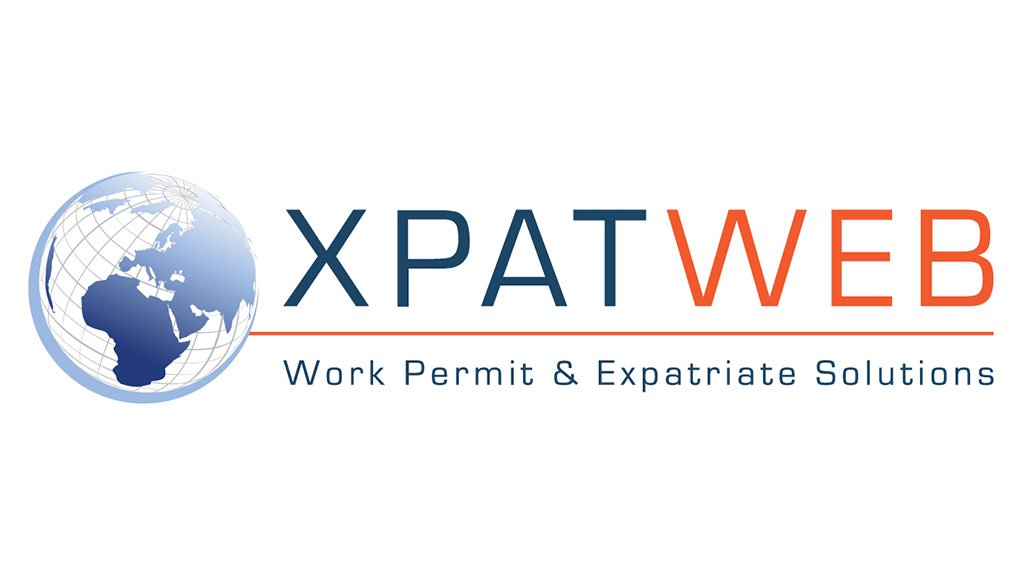On the 20th of May 2024, the Minister of Home Affairs Dr. Aaron Motsoaledi (“the Minister”), Gazetted a new set of Immigration Regulations.
The Department of Home Affairs (“DHA”) faced backlash after publishing the aforementioned regulations a day prior to the closing date for comments. This led to the Minister formally withdrawing the regulations on 12 April 2024, in order to follow due process before the regulations would be Gazetted again.
The publication of the regulations was eagerly anticipated as it introduced welcome changes to the Immigration system in South Africa.
Marisa Jacobs, the Managing Director at Xpatweb and a Business Representative on the National Economic Development and Labour Council (NEDLAC) immigration and migration committee gives a brief overview of the key points addressed in the newly Gazetted regulations.
Introduction of the Remote Work Visa: A notable addition is the Remote Work Visa, designed for individuals wishing to reside in South Africa while working for foreign employers or have foreign sourced income on a remote basis. This visa targets high-earning individuals and aims to stimulate the South African economy.
In order to qualify for the Remote Work Visa, foreign nationals must earn at least R1 000 000.00 (One Million Rand) annually.
An area of concern on the first draft of the legislation centred around the exemption from tax for remote workers, where they secure a visa for 6 months or less, specifically drafted into the Immigration Regulations. The revised version of the Regulations instead provides that remote workers “may apply to be exempted by the South African Revenue Service from registering as a taxpayer” and those who are issued with a remote work visa for a period longer than 6 months in a 36-month period “must register with the South African Revenue Service”.
Point-Based System for Work Visas: The DHA has further gazetted a point-based system for Work Visas. This is aimed at a streamlined approach for the adjudication of Work Visas and specifically targets the General Work Visa, according to the Minister’s press conference in April where he briefly unpacked the legislation changes. The points-based system will consider factors like age, qualifications, language skills, work experience, and “any other relevant factors”. The factors will be detailed by the Minister of Home Affairs in the Government Gazette from time to time.
Notably “ability to adapt” has been excluded in the revised Regulations, this makes for a welcome change as a points-based system aims to bring clarity, predictability and objective parameters.
Professional body registration: The DHA has further provided a distinction between proof of application and actual registration with a professional body recognised by SAQA for Critical Skills Work and Corporate Visas. Proof of application now allows a visa to be issued for up to twelve (12) months, while membership permits visas up to five (5) years for Critical Skills and three (3) years for Corporate Visas.
Police Clearance and Radiological Reports: The Regulations specifically revised the definition of “police clearance certificate” and made provision for the removal of the “radiological report” requirement. These changes align with the proposals in the Vulindlela Report and Directive No. 5 of 2023, issued by the Minister of Home Affairs on April 11, 2023. Police Clearance Certificates are now only needed from Applicants who are 18 years old or older who have lived in a country for twelve (12) months or longer in the past five (5) years. The requirement to include a radiological report with visa applications is removed.
Change of Status for Family: The Regulations also address Constitutional Court judgments allowing foreign spouses, children of South African citizens or permanent residents, and foreign parents of South African children to change visa conditions without leaving the country. These changes uphold constitutional rights to dignity and family unity.
In Closing
The newly gazetted immigration regulations signify valuable progress by the DHA in their ongoing efforts to modernise immigration system and foster economic growth through strategic visa policies.
As a provider to large corporates and multinational organisations in South Africa, as well as high net worth professionals, we remain optimistic that these changes along with initiatives such as the Trusted Employer Scheme, gives some confidence back to a visa system that has in recent years been crippled by a growing backlog and plagued by inefficiencies.
We have seen in the last 6 – 12 months an increased uptake by business to mobilise talent to South Africa as they take advantage of initiatives, including the Trusted Employer Scheme, along with a proactive legal based approach to facilitate efficient visa processing.
Written by Marisa Jacobs, Managing Director at Xpatweb & Nedlac Business Representative for Immigration
EMAIL THIS ARTICLE SAVE THIS ARTICLE ARTICLE ENQUIRY
To subscribe email subscriptions@creamermedia.co.za or click here
To advertise email advertising@creamermedia.co.za or click here











